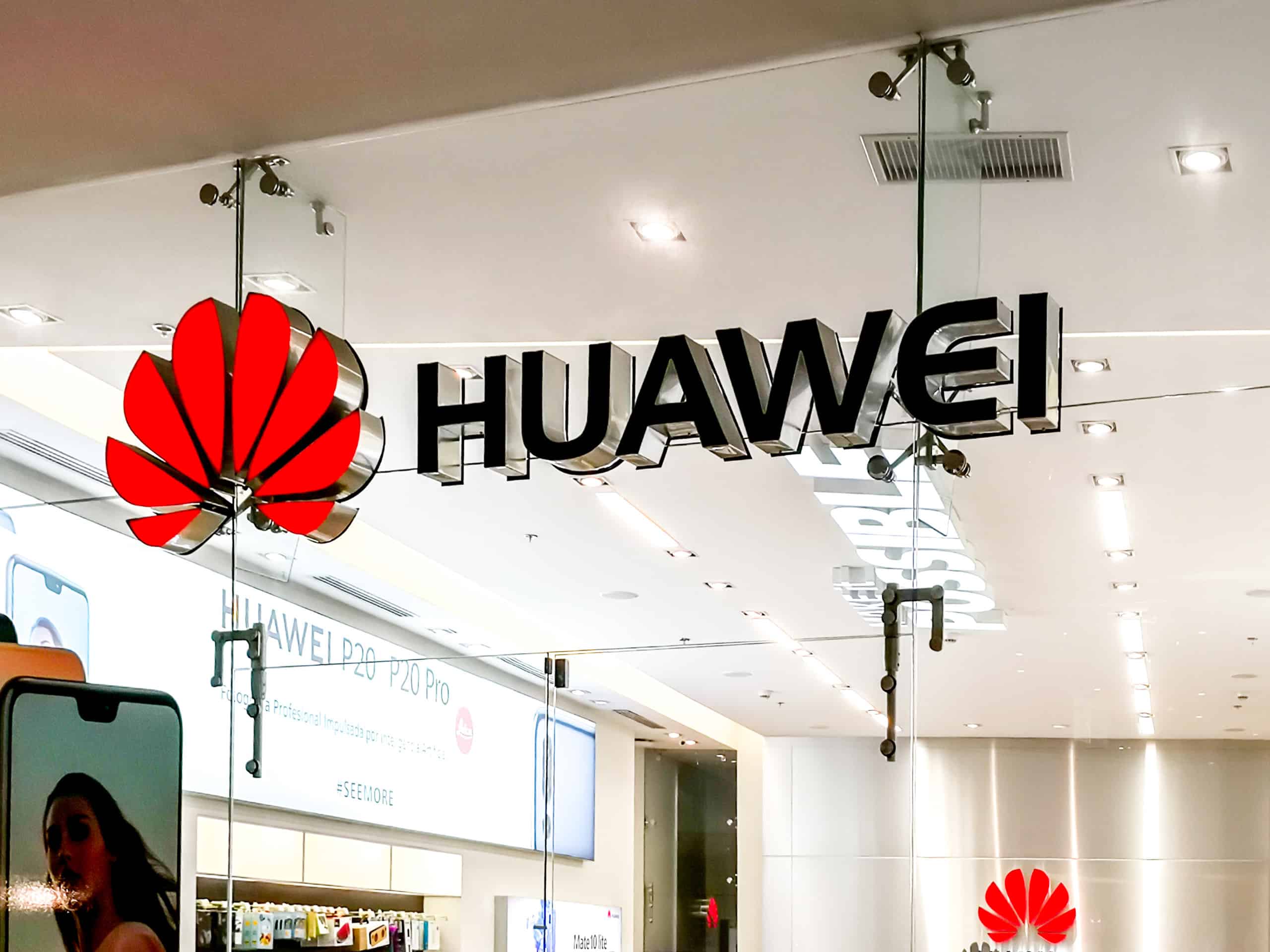For China watchers, the word “war” used to feel comfortably theoretical. Think tanks and policy advisors would game out how a conflict over Taiwan or the South China Sea would play, even scenarios bringing major powers into direct military conflict — even though few would bet on things ever escalating to that point. Putin’s euphemistically-termed special military operation in Ukraine, the downwards spiral in Sino-U.S. communications, and the decoupling that has nullified much of the vest
Navigate China's Business Landscape with Confidence.
- Gain visibility into supplier risks
- Easily manage trade compliance
- Conduct in-depth due diligence




